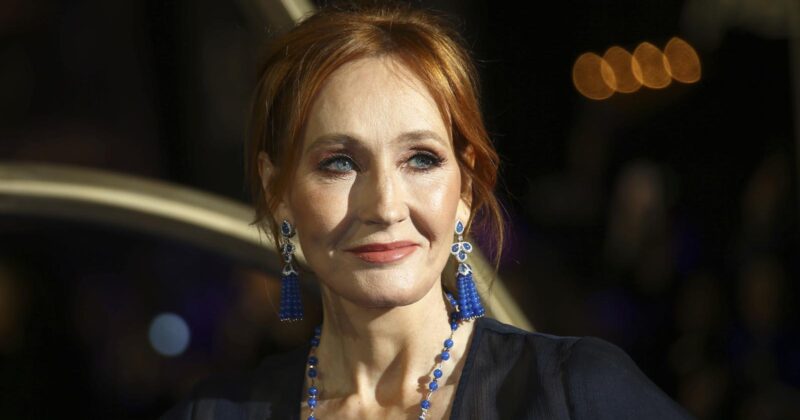This week, HBO delivered the corporate version of the Expelliarmus or disarming curse for the long-standing cancel campaign targeting “Harry Potter” creator J.K. Rowling.
We have been discussing this campaign against Rowling, a feminist who has opposed transgender policies that she views as inimical to the rights of women. The cancel campaign against Rowling has been extreme and unhinged from blacklisting her books to even barring the playing of Harry Potter games in pubs. Even authors who support Rowling’s free speech have been targeted. Nevertheless, HBO, which has also been targeted in the past, is now saying enough. Rowling’s work will continue to be featured and developed by the company.
HBO has enraged the anti-Rowling movement by announcing that it will not yield and will continue to work with the author:
“J.K. Rowling has a right to express her personal views. We will remain focused on the development of the new series, which will only benefit from her involvement.”
It added that “her contribution has been invaluable.”
HBO has a new upcoming Potter series set to premiere on HBO’s Max streaming platform in 2026.
Both Harry Potter stars, Daniel Radcliffe, who played Harry Potter, and Emma Watson, who played Hermine Granger, have joined the criticism of Rowling. However, the criticism itself is not the primary problem, even if they unfairly characterize Rowlings’ actual statements. That is a use of their own free speech rights.
However, the cancel campaigns are far more damaging for free speech, as I discuss in my book, The Indispensable Right.
The issue of cancel campaigns came up in my recent debate at Harvard Law School on free speech with Professor Randall Kennedy. Kennedy defended cancel campaigns as the exercise of free speech. There is no question that such campaigns involve the act of free speech as people rallying for or against viewpoints. However, the impact of such campaigns, particularly in higher education, is to limit the diversity of viewpoints and reinforce an orthodoxy on our campuses. It is not to express a view but to seek to silence an opposing view. It is the antithesis of free speech values in higher education.
It also has a damaging effect on an academic community. When students see faculty supporting the canceling of conservative, libertarian, or dissenting speakers, it is hardly an invitation to speak freely yourself in class.
The same is true for publishers. We have discussed companies discontinuing publication of Rowling’s work and both editors and writers joining blacklisting campaigns against her and others. We have even seen the embracing of book burning.
For the activists behind this massive cancel campaign, HBO’s announcement is nothing short of a corporate Cruciatus (torture) Curse. However, both the arts and free speech are the winners in Rowling’s continuing to produce and expand her legendary body of work.

